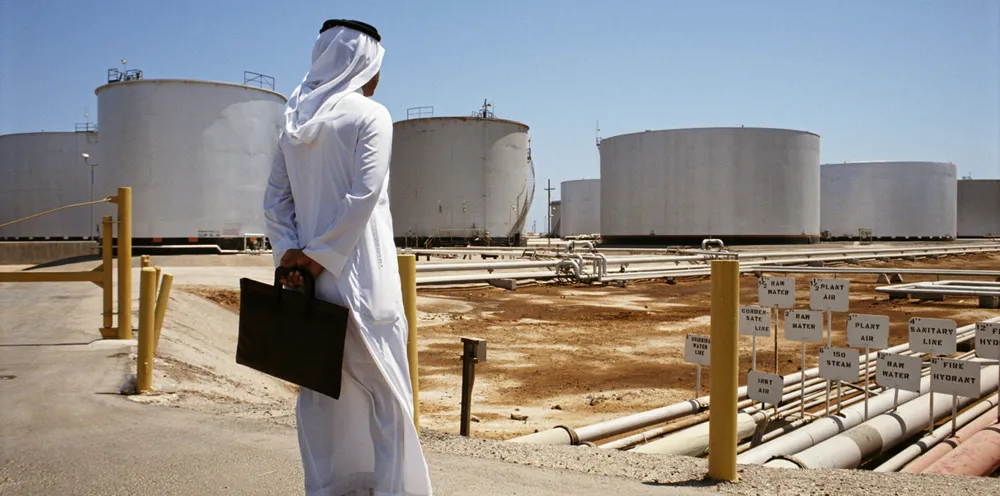'Not the new oil': Petrostates could lead world in green hydrogen but won't dominate: Irena
Oil & gas exporters could become major players in renewable H2, but that would not compensate for lost fossil-fuel revenues or reduced geopolitical influence, according to a new study by the International Renewable Energy Agency

Most of the world’s leading oil & gas producing countries could become significant green-hydrogen exporters, but the income from the emerging sector would not be high enough to replace lost fossil-fuel revenues over the coming decades, according to the International Renewable Energy Agency (Irena).
“Clean hydrogen offers an attractive transition pathway for oil- and gas-exporting countries to diversify their economies as major export markets move towards low- and zero-carbon fuels and energy carriers,” Irena writes in a new report.
“Oil- and gas-producing countries are well placed to pivot to hydrogen, as they can leverage established energy export infrastructure [including] ports, pipelines and storage facilities; a skilled workforce familiar with producing, converting and handling energy fuels and gases; and existing energy trade relations.”
But it adds that hydrogen “can not be considered to be a new, zero-carbon version of oil”.
“Unlike oil and gas, hydrogen is a conversion business, not an extraction business, which will likely limit the possibilities to capture economic rent,” the report explains. “The hydrogen business will be more competitive and involve more players than oil and gas. As the costs of green hydrogen fall, new and diverse participants will enter hydrogen markets.”
Indeed, the report says that while most of the leading fossil-fuel nations are in locations with strong solar and/or wind resources that would enable cheap green hydrogen production, so are many fossil-fuel-importing countries.
In particular, the report points to Chile, Morocco and Namibia, which have high winds and powerful sunshine year round — the perfect double whammy that would enable electrolysers to operate efficiently around the clock and thus bring down the levelised cost of green hydrogen.
“Hydrogen is not a new oil,” says Irena director-general Francesco La Camera. “And the transition is not a fuel replacement but a shift to a new system with political, technical, environmental, and economic disruptions.
“It is green hydrogen that will bring new and diverse participants to the market, diversify routes and supplies and shift power from the few to the many.”
“The energy transition will significantly affect fossil fuel producers: It is highly likely that large parts of oil, gas and coal reserves will never be extracted and monetized,” the report states, pointing to the global collapse in demand during the Covid pandemic in 2020 as a “foreshadowing” of things to come.
“Although low-cost [fossil-fuel] producers may see an increase in their market share as the energy transition progresses, even they would see large declines in revenues as the overall market is expected to shrink.
“As decarbonisation progresses, producer countries will have to move their economies away from a reliance on oil and gas.”
But it adds: “Fossil-fuel producers should continue to develop broad-based economic transition strategies, given that hydrogen will not compensate for loss in revenues.”
The 118-page study also points out that the petrostates will not be able to wield the same geopolitical influence they do now.
“Hydrogen trade flows are unlikely to become weaponised or cartelised. This is because hydrogen can be produced from many primary energy sources and in a wide variety of places worldwide. Indeed, it is a manufactured product rather than a raw material or energy source. Therefore, green energy trade flows are unlikely to lend themselves as easily to geopolitical influence as oil and gas.
“That said, supply shortages could arise, particularly in the early years of hydrogen trade, when the number of suppliers is limited and most trade is still governed by bilateral arrangements.”